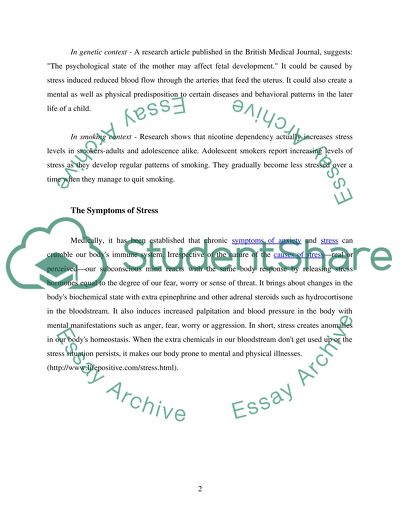Cite this document
(“Methodologies of Coping With Stress Essay Example | Topics and Well Written Essays - 2000 words”, n.d.)
Methodologies of Coping With Stress Essay Example | Topics and Well Written Essays - 2000 words. Retrieved from https://studentshare.org/psychology/1503813-stress-college-essay
Methodologies of Coping With Stress Essay Example | Topics and Well Written Essays - 2000 words. Retrieved from https://studentshare.org/psychology/1503813-stress-college-essay
(Methodologies of Coping With Stress Essay Example | Topics and Well Written Essays - 2000 Words)
Methodologies of Coping With Stress Essay Example | Topics and Well Written Essays - 2000 Words. https://studentshare.org/psychology/1503813-stress-college-essay.
Methodologies of Coping With Stress Essay Example | Topics and Well Written Essays - 2000 Words. https://studentshare.org/psychology/1503813-stress-college-essay.
“Methodologies of Coping With Stress Essay Example | Topics and Well Written Essays - 2000 Words”, n.d. https://studentshare.org/psychology/1503813-stress-college-essay.


